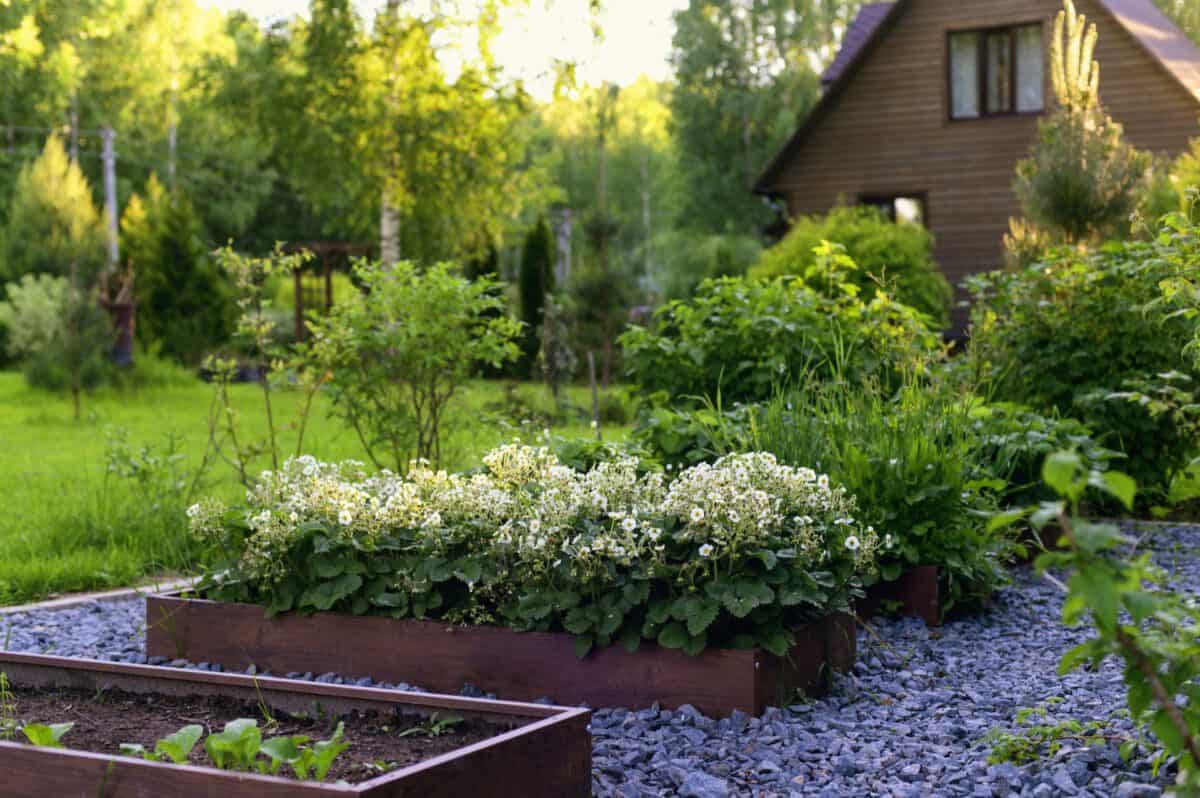The benefits of biochar as a soil enhancer and conditioner for healthier, more productive plant growth that makes it ideal for flowers, herbs, vegetables and hanging baskets are well known. The BBC’s Countryfile featured its suggested properties of helping prevent dieback in ash trees.
So what is this magic product biochar?
Biochar is defined simply as charcoal that is used for agricultural purposes. It is created using a pyrolysis process, heating biomass in a low-oxygen environment. Once the pyrolysis reaction has begun, it is self-sustaining, requiring no outside energy input. Byproducts of the process include syngas (H2 + CO), minor quantities of methane (CH4), tars, organic acids and excess heat.
Biochar is spread across fields and incorporated into the top layer of soil, thanks to its wealth of benefits for agriculture. It increases crop yields, sometimes substantially if the soil is in poor condition. It helps to prevent fertiliser runoff and leeching, allowing the use of fewer fertilizers and reducing agricultural pollution to the surrounding environment. It also retains moisture, helping plants through periods of drought more easily. Most importantly, it replenishes exhausted or marginal soils (soils with depleted nutrients) with organic carbon, and fosters the growth of soil microbes essential for nutrient absorption, particularly mycorrhizal fungi.
Studies have indicated that the carbon in biochar remains stable for millennia, which offers a simple and sustainable method for sequestering historic carbon emissions that is technological feasible in both developed and developing countries. The syngas and excess heat can then either be used directly or employed to produce a variety of biofuels.
When biochar is created from biomass, approximately 50% of the carbon that the plants absorbed as CO2 from the atmosphere is ‘fixed’ in the charcoal. As a material, the carbon in charcoal is largely inert, showing a relative lack of reactivity both chemically and biologically, and so it is strongly resistant to decomposition. Research scientists have found charcoal particles as old as 400 million years in sediment layers from wildfires that occurred when plant life first began on earth. (Sediment Records of Biomass Burning and Global Change, James Samuel Clark)
BioChar is available from us at Four Seasons Fuel in 5 litre buckets
